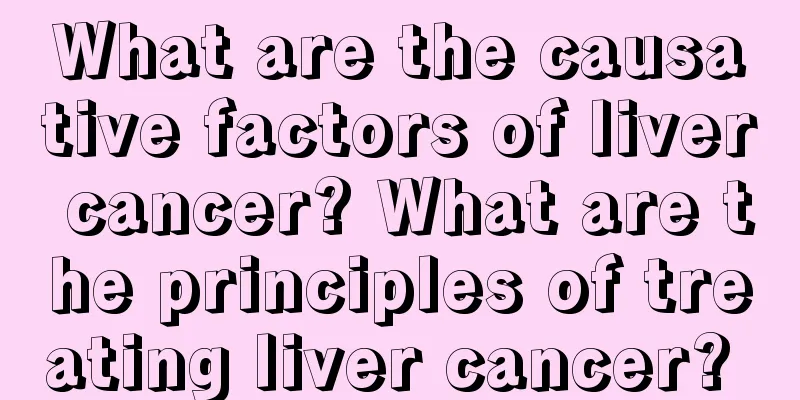What are the stages and prognosis of nasopharyngeal carcinoma and how to treat it

|
What are the stages and prognosis of nasopharyngeal carcinoma? How to treat it? For stage I NPC, single radiotherapy is usually used to treat the tumor in the nasopharynx and preventive external radiotherapy is usually given to the neck lymph nodes. Stage I NPC generally does not require adjuvant chemotherapy. For early stage IIa NPC, which is small and has no lymph node metastasis, single radiotherapy is usually used to treat the tumor in the nasopharynx and preventive radiotherapy is usually given to the neck. The treatment of other stage IIb, stage III and stage IVA/B NPC can be considered as a comprehensive treatment method with radiotherapy as the main method and combined with drug therapy. Chemotherapy can be performed before, during or after radiotherapy according to the specific situation of the patient. Currently, radiotherapy combined with chemotherapy is more commonly used. The prognosis of patients with stage IVC nasopharyngeal carcinoma with distant metastasis is poor. For these patients, systemic chemotherapy combined with palliative radiotherapy can be used. Patients with distant metastasis should also consider using new treatment methods provided by clinical trials for treatment. The prognosis of nasopharyngeal carcinoma may be affected by the following conditions: 1. Race: Studies have shown that there is no significant difference in the local control rate and overall survival rate of nasopharyngeal carcinoma among different races. 2 Gender: There is no significant difference in prognosis between men and women, but some studies believe that women have a better prognosis than men. 3 Age: Many studies have shown that young patients have better local control and survival rates. Children and adolescents have a good prognosis, while pregnant and lactating women are more likely to have distant metastasis and have a poor prognosis. 4 Clinical staging: The earlier the staging, the better the prognosis. Many studies have shown that clinical staging is a significant factor affecting prognosis. 5 Pathological type: Poorly differentiated squamous cell carcinoma or non-keratinizing carcinoma has good treatment efficacy, while undifferentiated carcinoma has a poor prognosis. |
<<: Can radiotherapy and chemotherapy be used for advanced nasopharyngeal carcinoma?
>>: Is advanced breast cancer contagious?
Recommend
Can children drink autumn pear paste
Everyone knows that autumn pear paste has many fu...
How to eliminate the fear in your heart
Fear is an emotional response that occurs when a ...
How do patients with gastric cancer exercise after surgery
After gastric cancer patients have controlled the...
Detailed explanation of specific prevention measures for colorectal cancer
In daily life, it is very important for female fr...
Can reed root effectively cure bad breath?
The problem of bad breath affects and troubles ma...
What foods are good for sleeping less?
People who get too little sleep should pay more a...
Smokers are more likely to get laryngeal cancer
Talking about laryngeal cancer, experts say that ...
How to clean a ceramic water cup
The cup needed for drinking water is called a wat...
The tooth is half broken and black inside
Tooth decay is a very common phenomenon in life. ...
What are the benefits and taboos of wearing silver bracelets
As the saying goes, everyone loves beauty. Many p...
There is a lump on the inner thigh
A lump on the inner thigh may be caused by allerg...
What causes acne in the nasal cavity
Acne in the nasal cavity is generally caused by g...
What should I do if my hemorrhoids are hard and painful?
Getting sick is a common thing, and hemorrhoids a...
How to use lavender essential oil
As people's living standards improve, more an...
Causes of hematuria due to bladder cancer
What is the cause of hematuria in bladder cancer?...









